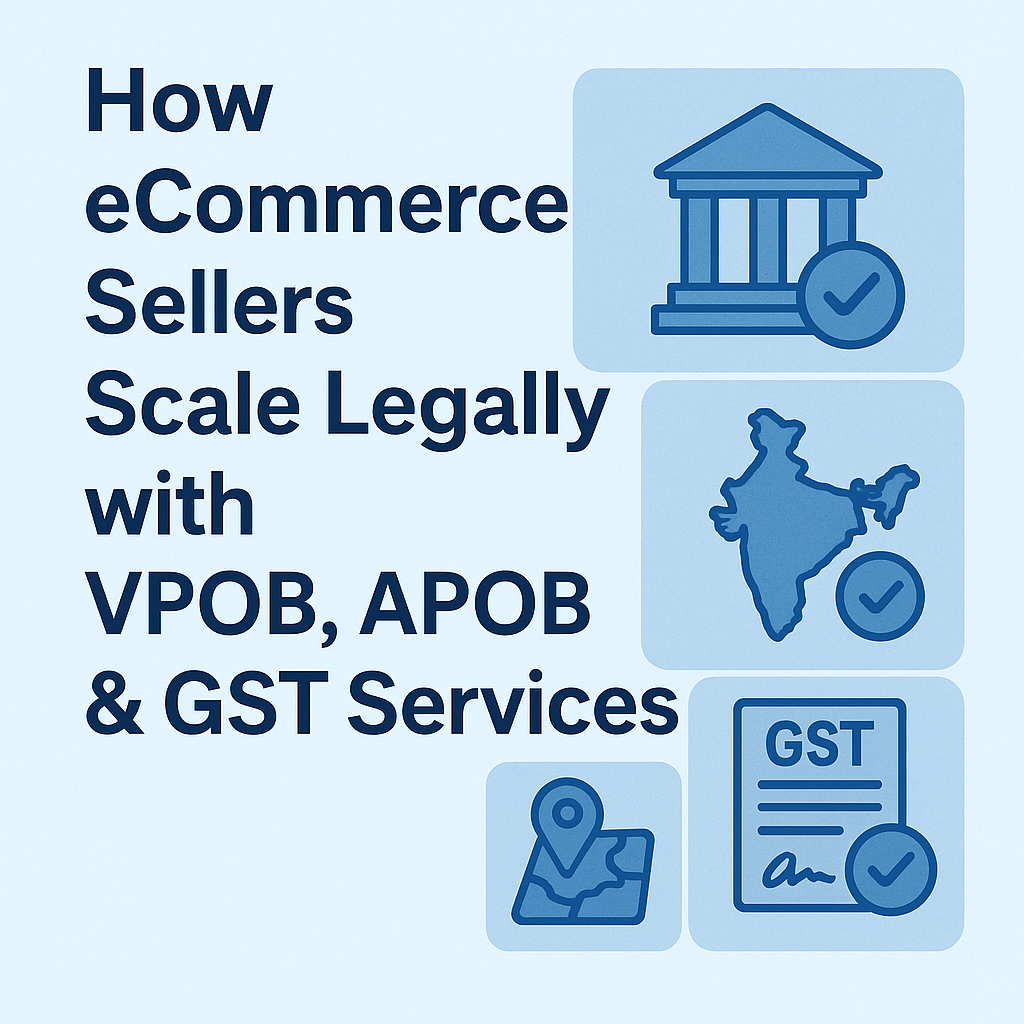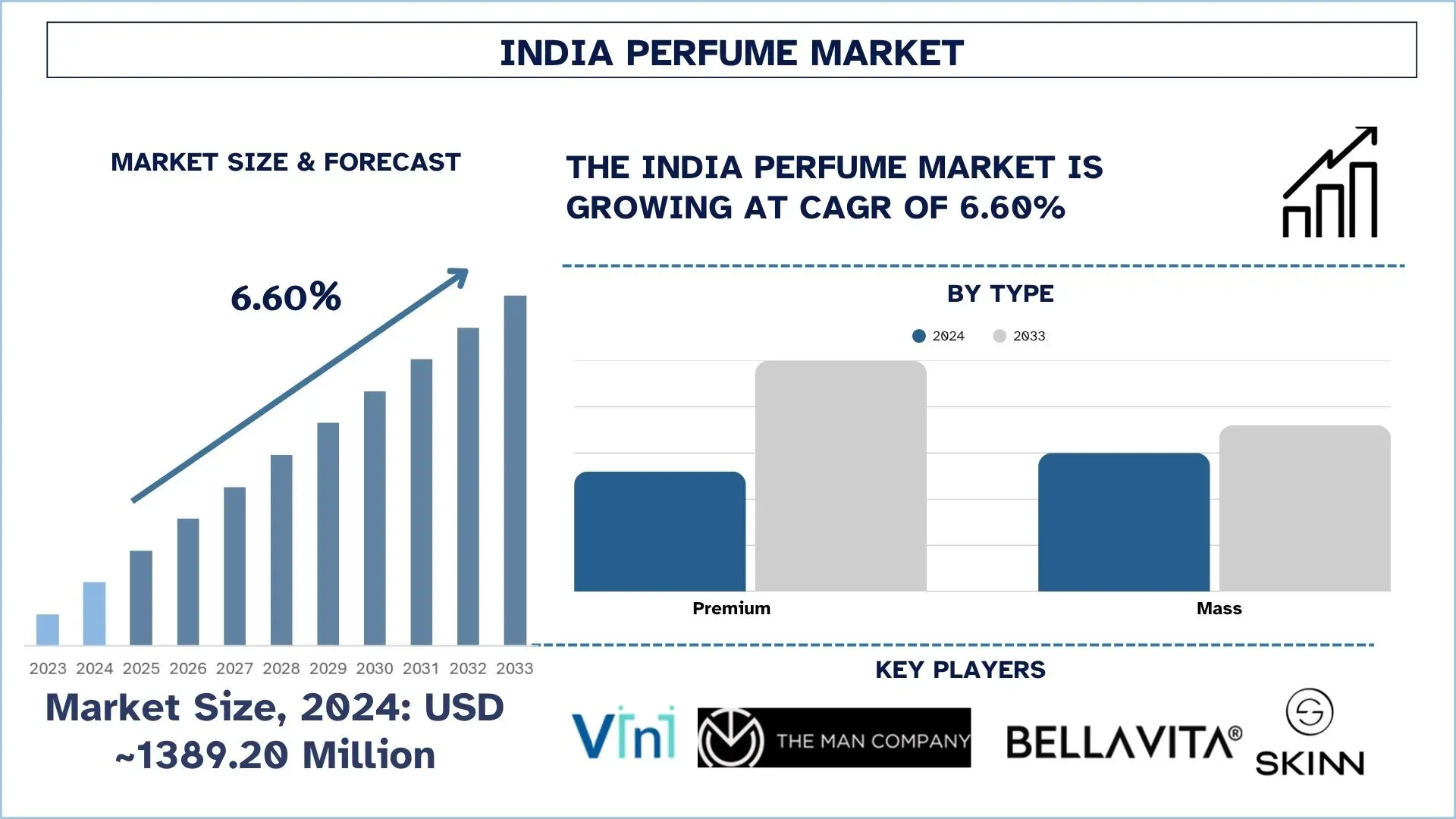How VPOB Helps Indian eCommerce Sellers Grow in a Legal and Scalable Way

A
Quick Look at VPOB for Online Shops
Under India's Goods and Services Tax (GST)
system, eCommerce sellers must now use VPOB to grow their businesses
legally; it is no longer just an option. As India's online retail
market grows in Tier 1 and Tier 2 cities, sellers on sites like
Amazon, Flipkart, Meesho, and Jiomart must follow different GST rules
in each state. But if you don't have a local address, following the
rules can get you in trouble with the law. The Vpob
for ecommerce sellers fix that.
What is a VPOB, and why do eCommerce
sellers need one?
Third-party companies give eCommerce sellers
verified business addresses (VPOBs) so they can register for GST in
states where they don't have offices. Rules 8 and 9 of the CGST Rules
say that anyone who wants to register for GST must have a place of
business in the state where they want to do business. VPOB meets this
need without needing a regular office.
Sellers can easily and cheaply enter new
markets with this model because they don't have to pay for staff,
rent, or furnish physical space.
Knowing the Legal Difference Between APOB
and VPOB
• Virtual
Principal Place of Business (VPOB):
needed when you want to register for GST in
a state other than your own. It becomes the main business address for
that state.
• Additional
Place of Business, or APOB:
This is true when a seller wants to add more
operational addresses, like warehouses or fulfillment centers, and
already has a GSTIN in the state.
For instance:
A Flipkart seller wants to sell in
Maharashtra. They need to get a VPOB in Maharashtra before they can
sign up for GST. Then they put their Flipkart warehouse address as an
APOB.
What VPOB Is Doing to Change How People
Buy Things Online
1. Following the law and not having to pay
rent
A verified VPOB means that eCommerce sellers
don't have to own or rent a place to live. The utility bill, the
registered rent agreement, and the NOC are all in order for GST
registration.
2. Get to the market faster
Getting new states on board goes faster.
VPOBs help fulfillment centers get the GSTINs that platforms like
Amazon and Flipkart need in as little as 48 to 72 hours, as long as
they have the right paperwork.
3. Growth at a reasonable price all over the
country
A seller can register in Karnataka,
Maharashtra, Delhi, and other places without having to pay for
property. VPOB is what makes low-capex growth possible all over
India.
4. Simple paperwork
TheGSTCo and other well-known suppliers give
you documents that are ready to be sent in:
• A
rental agreement that has been signed
• The
most recent bill for utilities
• The
owner signed the NOC.
• If they
want it, the officer can ask for the nameplate photo.
How TheGSTCo Supports VPOB Services in
Indi
TheGSTCo, a top compliance partner for
eCommerce sellers, has made it easier for GST to spread by setting up
more than 15 state-specific VPOBs. The Grow Collection has some
things for sale, such as:
• VPOB
addresses in Tier 1 and Tier 2 cities that are ready for GST
• APOB
can help sellers on Flipkart, Meesho, and Amazon
• Tracking
and delivering documents in real time
• GST
officers say yes to things more than 95% of the time.
The GSTCo handles compliance from beginning
to end, so sellers can concentrate on filling orders and expanding
their businesses.
Three Easy Steps to Get VPOB from
TheGSTCo
1. Choose a
state to sign up for GST.
Pick from verified addresses in places like
Delhi, Karnataka, Haryana, Maharashtra, and others.
2. Give
proof of business and KYC.
Upload your PAN, Aadhaar, permission papers,
and any GSTIN that is still active.
3. Get
Records from the Law
In 48 to 72 hours, you should be able to
upload your NOC, utility bill, and rental agreement to the GST
portal.
Sellers can confidently file a new
registration or change through the GST portal after sending in the
necessary paperwork.
VPOB's Legal Validity: Follow GST
Inspections
If the submitted documents meet the
following requirements, a VPOB for eCommerce sellers is completely
legal:
• A deal
for a sublease or regular rent
• The
most recent utility bill (within the last 60 days)
• The NOC
of the owner of the property
• Putting
up a nameplate (if the officer who is doing the inspection needs one)
At every VPOB address, the GSTCo goes there
in person, checks things out, makes notes, and gets ready for the GST
inspection. There are never any "fake" or "non-existent"
premises that turn down sellers.
How Ramesh Tripled His Orders: A Study
Ramesh, an electronics dealer from Gujarat,
wanted to grow his business into Maharashtra and Karnataka. Using
TheGSTCo's VPOB services, he was able to get GST registrations in
both states in just four days.
In half a year:
• The
process of getting Flipkart Smart Fulfillment set up is over.
• The
number of orders rose by 180%.
• A
delivery time that is 30% shorter
• There
were no GST rejections because the paperwork was correct.
This example shows how the law helps
businesses grow in a stable and scalable way.
Every serious online seller needs a VPOB
for these reasons.
A VPOB is more than just following the rules
for people who sell things online. It helps things grow over time.
Because state-level GST enforcement is changing and competition is
getting stronger, sellers need to stay ahead of the game. They can do
this by making sure:
• The
existence of legal GST in major logistics hubs
• Immediate
onboarding to fulfillment centers
• Rapid
growth that doesn't put too much strain on the infrastructure
Finally,
the legal way
to grow that follows GST
VPOB is the legal way to grow your online
business in more than one state. It's not a quick fix. When you work
with professionals like TheGSTCo, you can be sure that every GST
registration is real, fast, and ready for the future.
Don't let following the rules stop you from
being successful. VPOB can help you grow your business in India
faster, cheaper, and legally.






